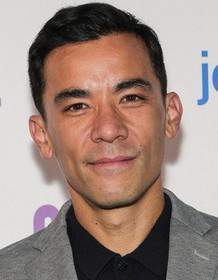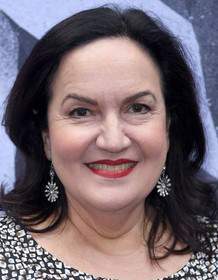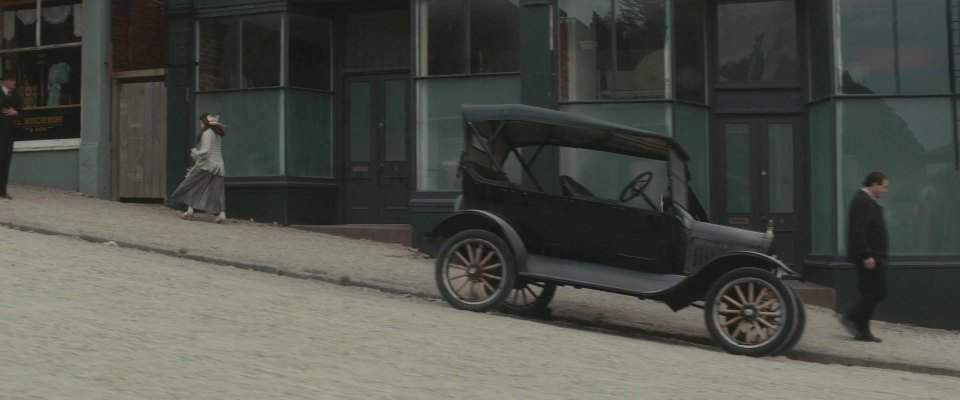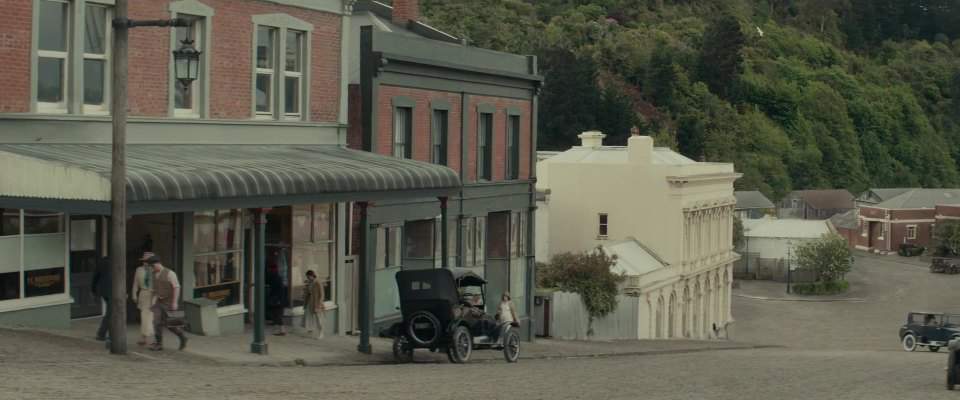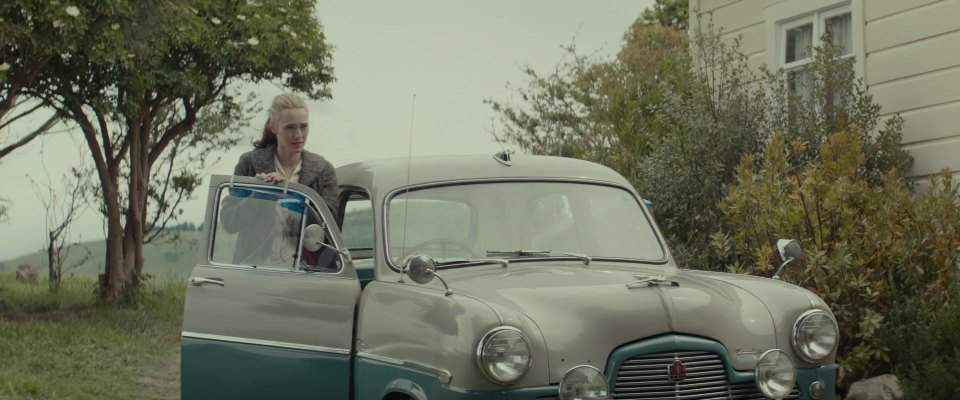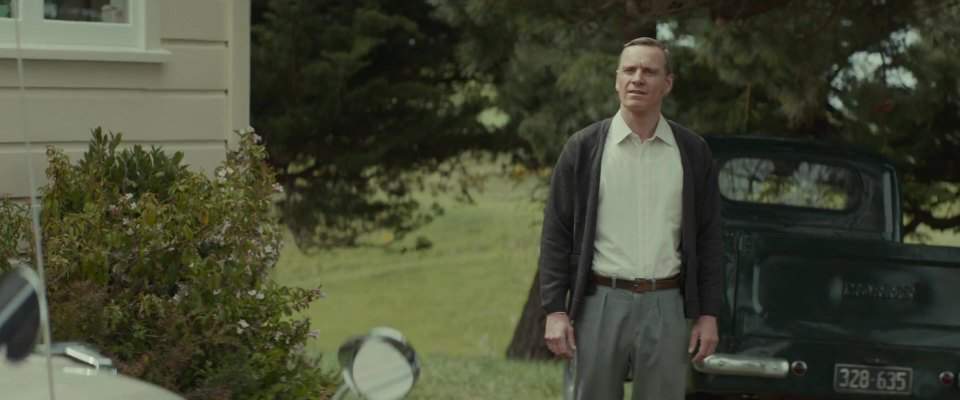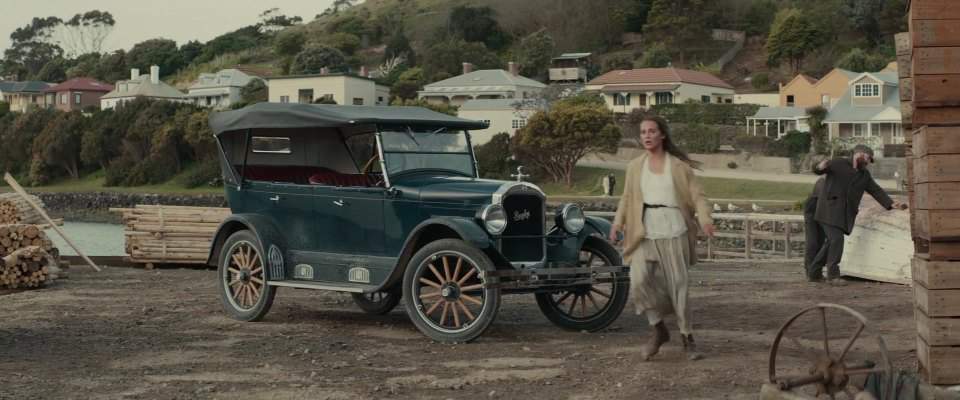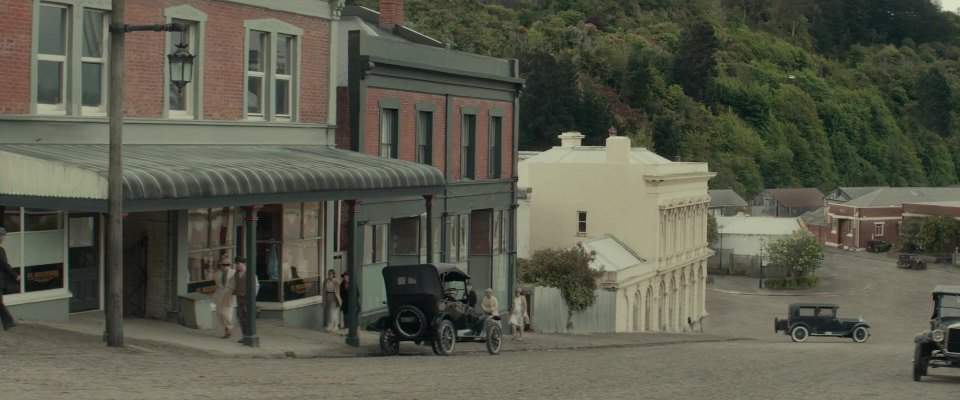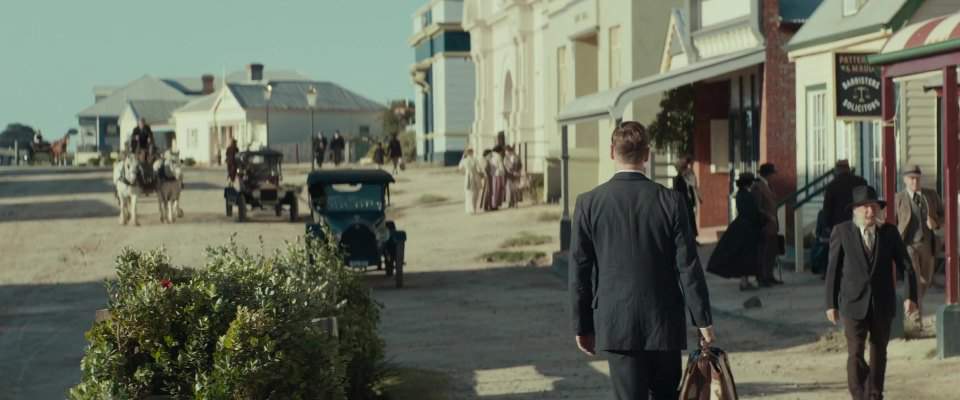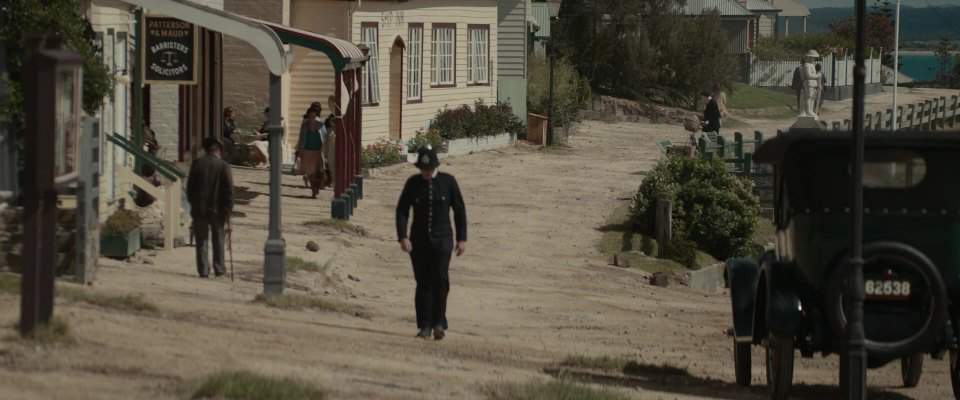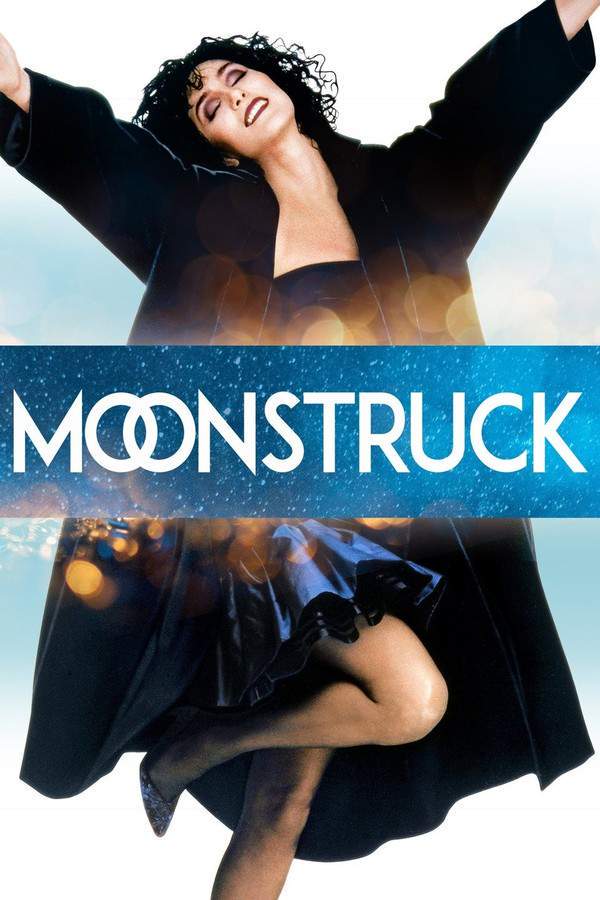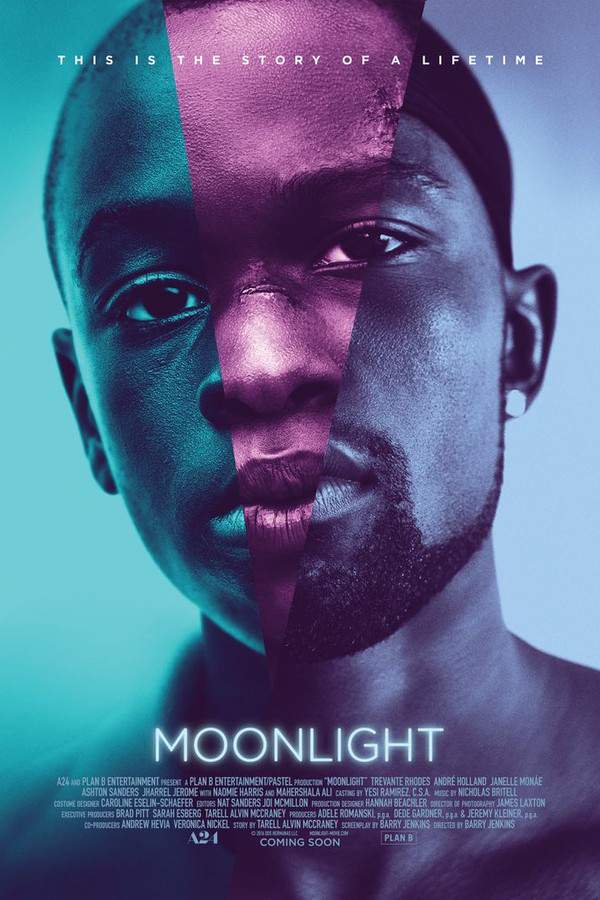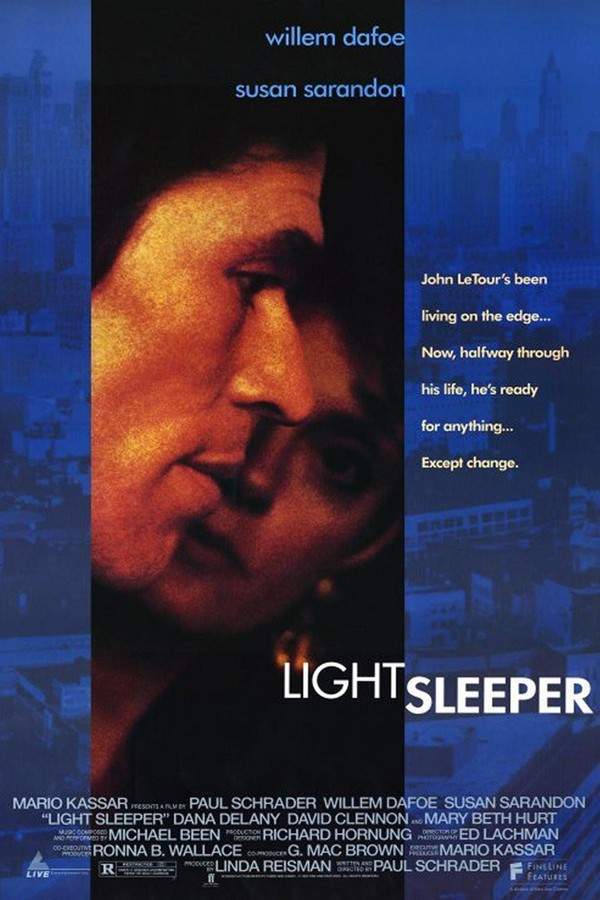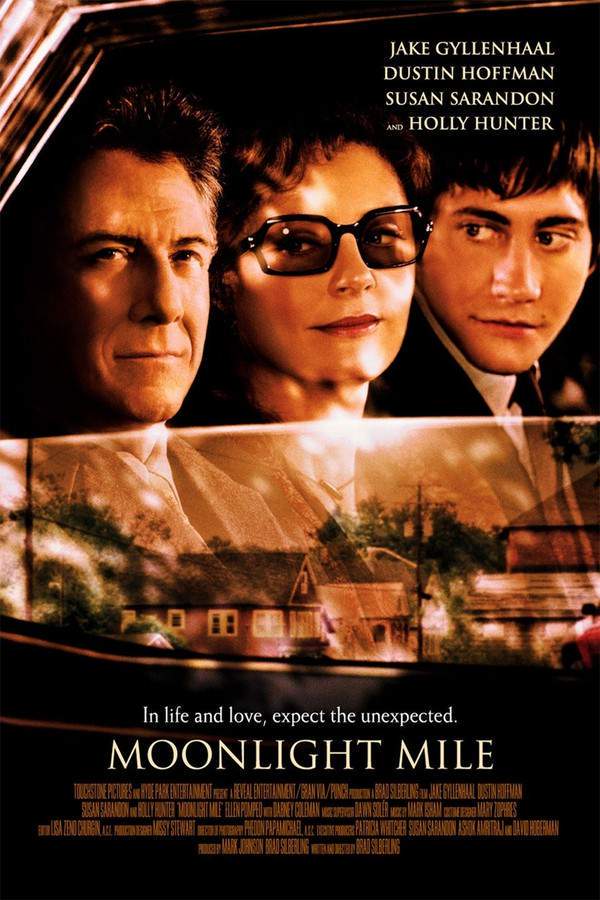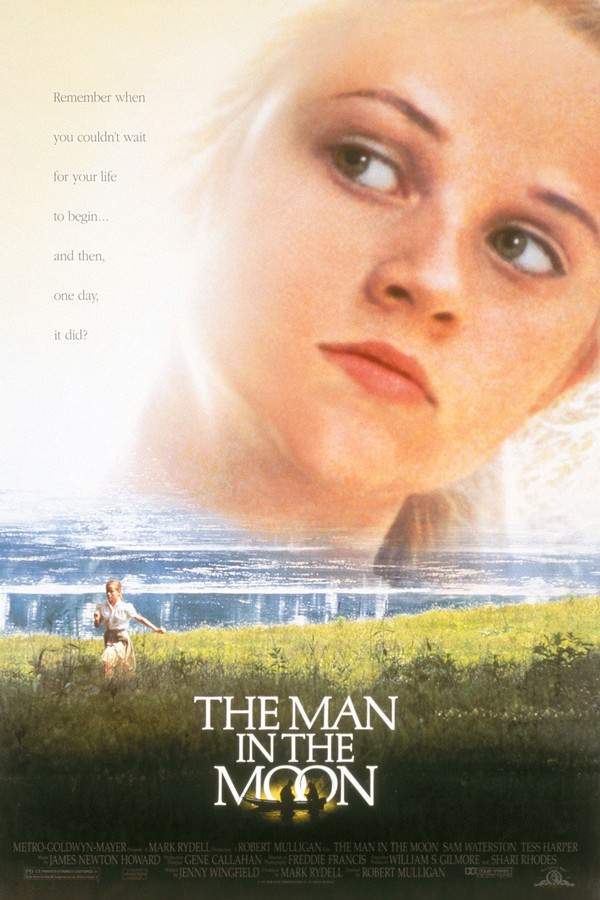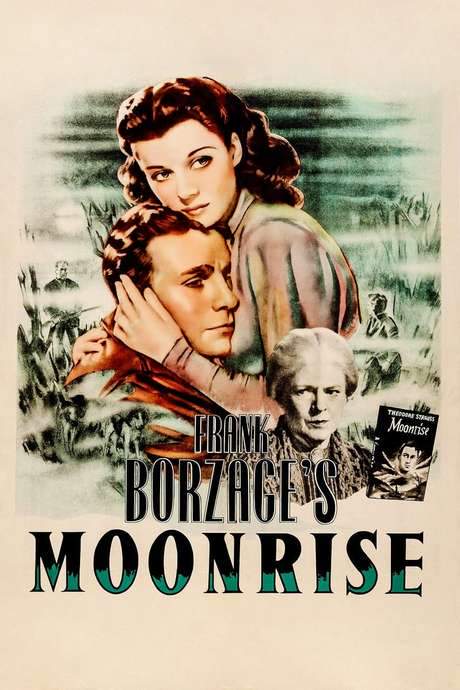The Light of the Moon 2017
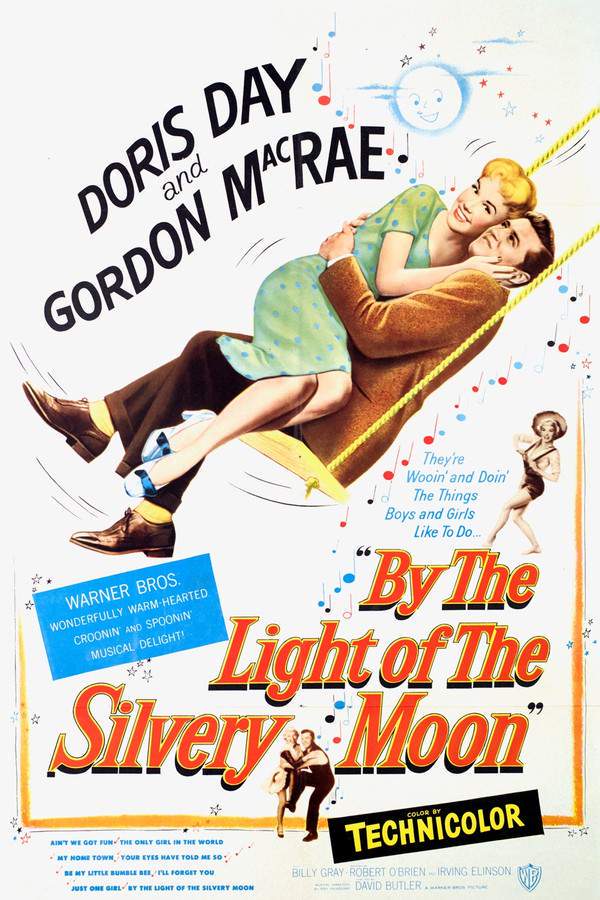
After a violent attack in Brooklyn, architect Bonnie struggles to cope with the trauma and keep it hidden from her boyfriend, Matt. As she tries to heal and rebuild their intimacy, the emotional scars begin to surface, revealing underlying vulnerabilities and fractures within their relationship. Bonnie's journey becomes a difficult exploration of recovery, confronting the past, and the challenges of regaining trust and connection.
Does The Light of the Moon have end credit scenes?
No!
The Light of the Moon does not have end credit scenes. You can leave when the credits roll.
Meet the Full Cast and Actors of The Light of the Moon
Explore the complete cast of The Light of the Moon, including both lead and supporting actors. Learn who plays each character, discover their past roles and achievements, and find out what makes this ensemble cast stand out in the world of film and television.
External Links and Streaming Options
Discover where to watch The Light of the Moon online, including streaming platforms, rental options, and official sources. Compare reviews, ratings, and in-depth movie information across sites like IMDb, TMDb, Wikipedia or Rotten Tomatoes.
Ratings and Reviews for The Light of the Moon
See how The Light of the Moon is rated across major platforms like IMDb, Metacritic, and TMDb. Compare audience scores and critic reviews to understand where The Light of the Moon stands among top-rated movies in its genre.

The Movie Echo Score
The Light of the Moon excels as a candid and focused exploration of post-traumatic recovery. Its direction employs a restrained visual style and streamlined structure to reinforce the narrative’s emotional clarity. Strong lead performances anchor a script that balances sensitivity with frankness, while the understated sensory design minimizes distractions. Although the film’s heavy subject matter may limit frequent revisits, its sincere dramatization and empathetic character work ensure a lasting impact. Overall, it stands out as a thoughtfully constructed drama with enduring resonance.
The Movie Echo Score Breakdown for The Light of the Moon

Art & Craft
In terms of art and craft, the film demonstrates a deliberately restrained and effective directorial approach. Critics and viewers note the streamlined pacing and long takes that foster an intimate visual style. The naturalistic cinematography supports the narrative without distracting flourishes. Overall, the technical choices convey the story’s gravity with cohesive production design and editing that subtly underscore emotional beats.

Character & Emotion
When it comes to character and emotion, the film hinges on deeply felt performances. The lead delivers a richly layered portrayal that conveys vulnerability and resilience, while supporting roles exhibit authentic chemistry and emotional depth. The relationship dynamics are handled with sensitivity, avoiding melodrama. Overall, the film offers compelling character development that resonates long after the credits roll.

Story & Flow
In terms of story and flow, the narrative unfolds with measured pacing and clear structure. The script navigates a sensitive subject matter with nuance, avoiding clichés while maintaining engagement through realistic dialogue and steadily building tension. The straightforward plot allows emotional moments to land with impact. Ultimately, the film’s coherent storytelling results in a focused and meaningful viewing experience.

Sensory Experience
When it comes to sensory experience, the film adopts a low-frills aesthetic that emphasizes naturalism over spectacle. The sound design and score remain understated, supporting scenes without drawing attention. Visual cohesion is achieved through a muted color palette and unobtrusive editing. Overall, this restrained sensory approach enhances immersion and aligns with the film’s sober subject matter.

Rewatch Factor
Regarding rewatch factor, the film’s unflinching exploration of trauma offers lasting insight but may limit repeated viewings. The emotional weight and realistic presentation encourage reflection on subsequent watches, even if the intensity poses a barrier for some audiences. Overall, while the film stays with viewers, its weighty tone suggests moderate replay value focused on its thematic depth.

76
Metascore
tbd
User Score

6.3 /10
IMDb Rating

64
%
User Score

3.6
From 6 fan ratings

2.00/5
From 1 fan rating
Take the Ultimate The Light of the Moon Movie Quiz
Challenge your knowledge of The Light of the Moon with this fun and interactive movie quiz. Test yourself on key plot points, iconic characters, hidden details, and memorable moments to see how well you really know the film.
The Light of the Moon Quiz: Test your knowledge about the film 'The Light of the Moon' and its themes of trauma and resilience.
Who is the main character in 'The Light of the Moon'?
Bonnie
Matt
Jack
The prosecutor
Show hint
Full Plot Summary and Ending Explained for The Light of the Moon
Read the complete plot summary of The Light of the Moon, including all major events, twists, and the full ending explained in detail. Explore key characters, themes, hidden meanings, and everything you need to understand the story from beginning to end.
Bonnie, portrayed by Stephanie Beatriz, is a dedicated architect flourishing in Bushwick, Brooklyn. However, her life takes a dramatic turn when her boyfriend, Matt, played by Michael Stahl-David, cancels their evening plans due to a last-minute work obligation. In search of distraction, Bonnie heads out with colleagues for a night at the bar, where she indulges in drinks for a fleeting escape from reality. But the carefree atmosphere quickly dissipates as she encounters unwelcome advances on the dance floor. Trying to regain her poise, she opts to walk home alone, headphones in, attempting to silence the chaos around her.
Unfortunately, her night unravels further when a hooded attacker emerges from the shadows and brutally assaults Bonnie in a dark alley. This shocking violation shatters her sense of safety and leaves her grappling with emotional and physical repercussions. Upon regaining consciousness, Bonnie’s initial reaction is to gather the remnants of her trauma: evidence of the event—a bag filled with used tissues and undergarments—symbolizing her wounded spirit.
Returning home, she finds Matt there, but she downplays the severity of the assault, presenting it to him as a simple mugging. Her colleagues, unaware of the full implications of her trauma, express their admiration for what they perceive as her bravery. At the same time, her boss acknowledges the importance of projects and, wanting to support her, reschedules meetings to afford Bonnie some healing time.
As Bonnie navigates this challenging recovery, she clings to her work for comfort. Though her coworkers extend kindness and support, the shadows of her assault linger. Her boss ultimately recognizes that Bonnie is not fully present and reassures her by moving her to a smaller client project. This adjustment signifies the profound impact the incident has had on her, making Bonnie question if she can ever regain her former sense of invincibility.
In a haunting development, Bonnie is called to the police station to observe a lineup—and realizes that she cannot identify her assailant, as his face remains concealed in her memory. Outside, she meets another victim who offers her comfort, yet Bonnie instinctively distances herself from the emotions of others, overwhelmed by her pain. A sobering conversation with a local prosecutor reveals that DNA evidence could play a crucial role in apprehending her attacker, although Bonnie fears that the intoxication from that night might jeopardize her credibility in court.
As she struggles with these harsh realities, Bonnie attempts to have a fun night with her colleagues again but grows defensive when they insist on seeing her home. Unsettled, she suspects that Matt prompted their concern, which causes friction. Despite her hesitations, Bonnie allows them to accompany her back, only to feel increasingly like a burden. Seeking to escape the weight of her situation, she makes the decision to temporarily move in with Jack, portrayed by Conrad Ricamora), much to Matt’s dismay.
Once settled in Jack’s apartment, Bonnie receives a heartbreaking call from the prosecutor—the DNA evidence does not match any known assailants, nor does it connect to the other victim. This revelation devastates her, and she confides in Jack, who offers her solace during this emotional turmoil.
Later that night, Bonnie’s vulnerability resurfaces when she spots a woman wearing headphones, triggering her protective instincts. In a moment of unsettling confrontation, she chastises the stranger for her carelessness, only to be dismissed and branded as irrational. This encounter leaves Bonnie feeling even more shattered, and she rushes back to Jack’s, breaking down in his supportive embrace.
Eventually, Bonnie finds the courage to open up to her mother about her assault with Jack by her side. This marks a significant turning point for Bonnie, igniting a newfound resilience within her as she embarks on the arduous journey of reclaiming her life. With determination, she gradually reenters group therapy and finds her way back to Matt, signifying a hopeful step toward healing and recovery.
Uncover the Details: Timeline, Characters, Themes, and Beyond!

Coming soon on iOS and Android
The Plot Explained Mobile App
From blockbusters to hidden gems — dive into movie stories anytime, anywhere. Save your favorites, discover plots faster, and never miss a twist again.
Sign up to be the first to know when we launch. Your email stays private — always.
Watch Trailers, Clips & Behind-the-Scenes for The Light of the Moon
Watch official trailers, exclusive clips, cast interviews, and behind-the-scenes footage from The Light of the Moon. Dive deeper into the making of the film, its standout moments, and key production insights.
Cars Featured in The Light of the Moon
Explore all cars featured in The Light of the Moon, including their makes, models, scenes they appear in, and their significance to the plot. A must-read for car enthusiasts and movie buffs alike.
The Light of the Moon Themes and Keywords
Discover the central themes, ideas, and keywords that define the movie’s story, tone, and message. Analyze the film’s deeper meanings, genre influences, and recurring concepts.
The Light of the Moon Other Names and Titles
Explore the various alternative titles, translations, and other names used for The Light of the Moon across different regions and languages. Understand how the film is marketed and recognized worldwide.
Similar Movies To The Light of the Moon You Should Know About
Browse a curated list of movies similar in genre, tone, characters, or story structure. Discover new titles like the one you're watching, perfect for fans of related plots, vibes, or cinematic styles.
Quick Links: Summary, Cast, Ratings, More

What's After the Movie?
Not sure whether to stay after the credits? Find out!
Explore Our Movie Platform
New Movie Releases (2026)
Famous Movie Actors
Top Film Production Studios
Movie Plot Summaries & Endings
Major Movie Awards & Winners
Best Concert Films & Music Documentaries
Movie Collections and Curated Lists
© 2026 What's After the Movie. All rights reserved.






